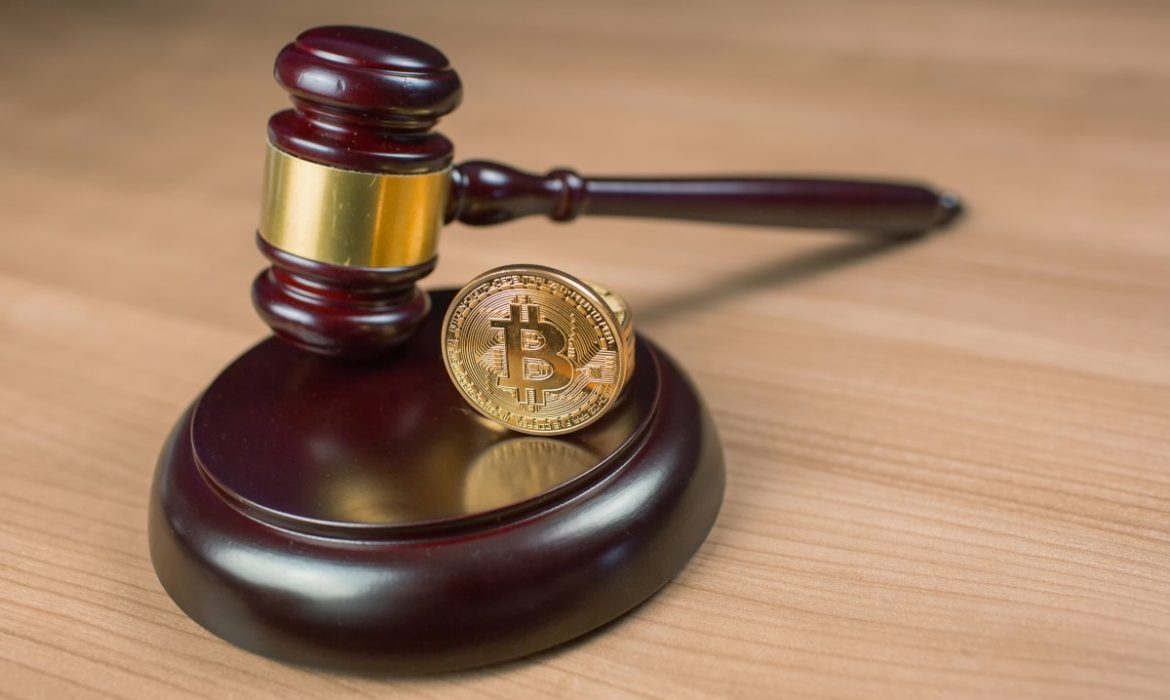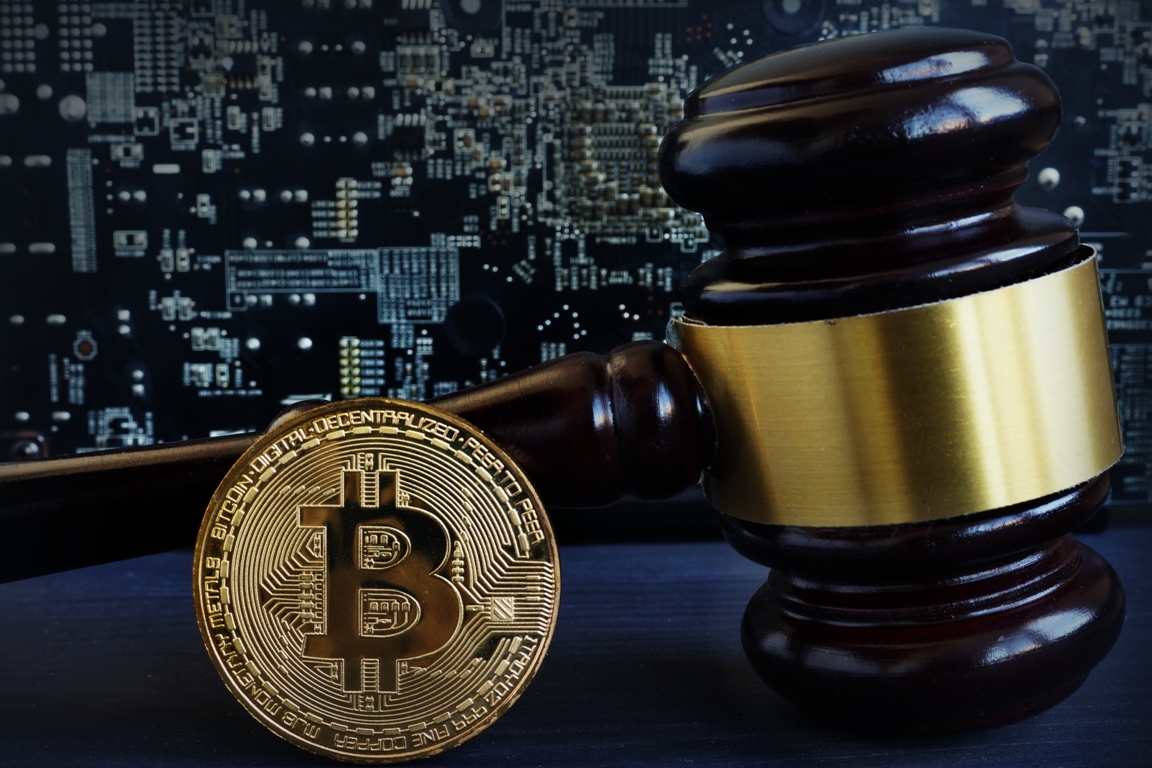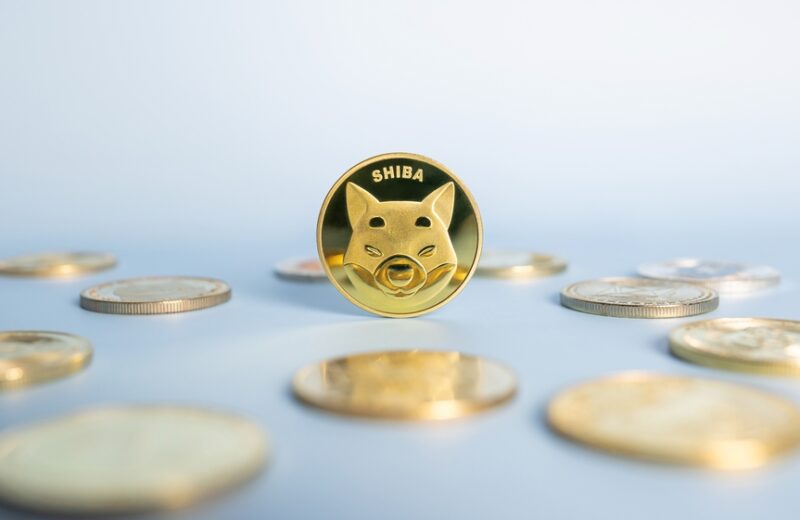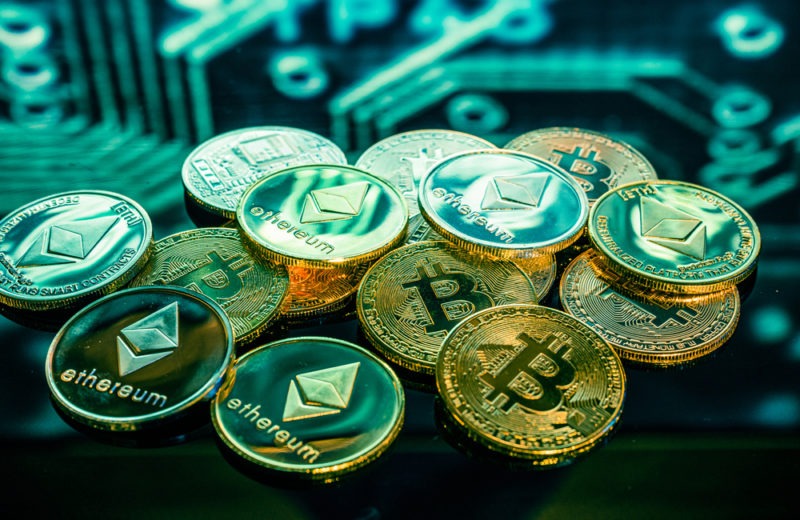Cryptocurrencies are a step in a new direction, the right direction, as crypto owners claim. They are different from all known currencies. Digital and untraceable, and accessible only to their owners.
While investors heartily embraced them in some countries, other countries have in fact banned them. Some governments have seen a possible danger they could cause for the existing banking systems. The danger being that they couldn’t track or control the crypto transactions. However, several such authorities have changed their view and decided to lift the bans from cryptos.
India and Iran have allowed the cryptos after some time. What about Venezuela?
The Reserve Bank of India issued a ban on all banks doing business with crypto-related firms in April 2018. The ban, which came into effect about three months later, was ensued by numerous petitions from India’s crypto community. They did not make their requests in vain. India’s Supreme Court recently declared RBI’s action as “disproportionate” and struck down the ban due to a lack of hard facts to substantiate it.
However, there is a 2019 draft bill on a possible crypto ban, which has been delayed by India’s parliament thus far. Even so, Indian crypto owners and traders will be able to make direct deposits for exchanges in rupees from their bank accounts.
Iran, on the other hand, had a dual approach when it came to cryptos. President Hassan Rouhani led the government to issue a ban that prevented banks from making deals in cryptocurrencies in April 2018. President Rouhani claimed that it would help to halt a national currency crisis, as well as avoid money-laundering problems.
However, according to some reports, the country’s central bank has simultaneously been developing a rial-backed cryptocurrency to evade sanctions. Iran’s top banks have also developed a gold-backed stable coin, PayMon, to generate liquidity.
Venezuela is the third country that has initially banned crypto. However, due to the economic collapse, many citizens began using the cryptos to secure the value of their savings. Nevertheless, Bitcoin miners in Venezuela have been on the receiving end of intimidation and pressure from the government over their mining activities.















